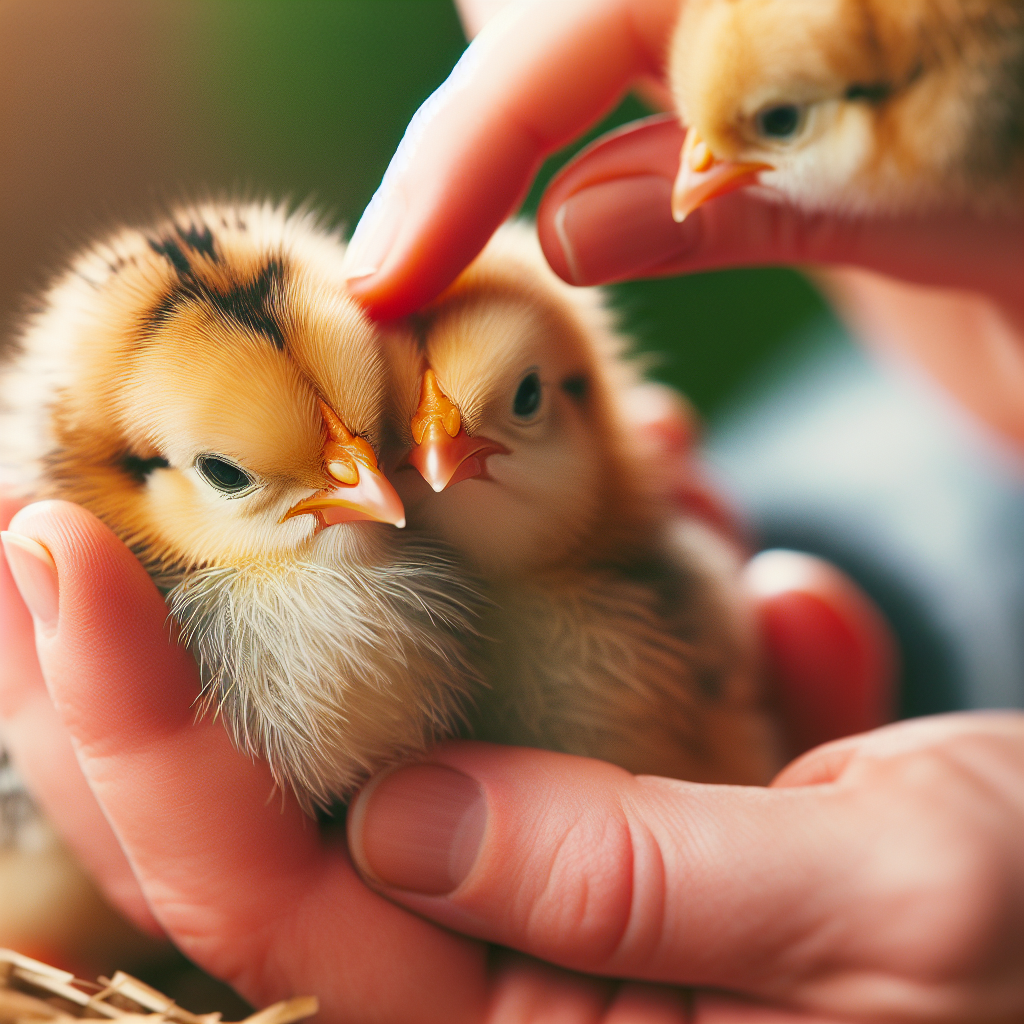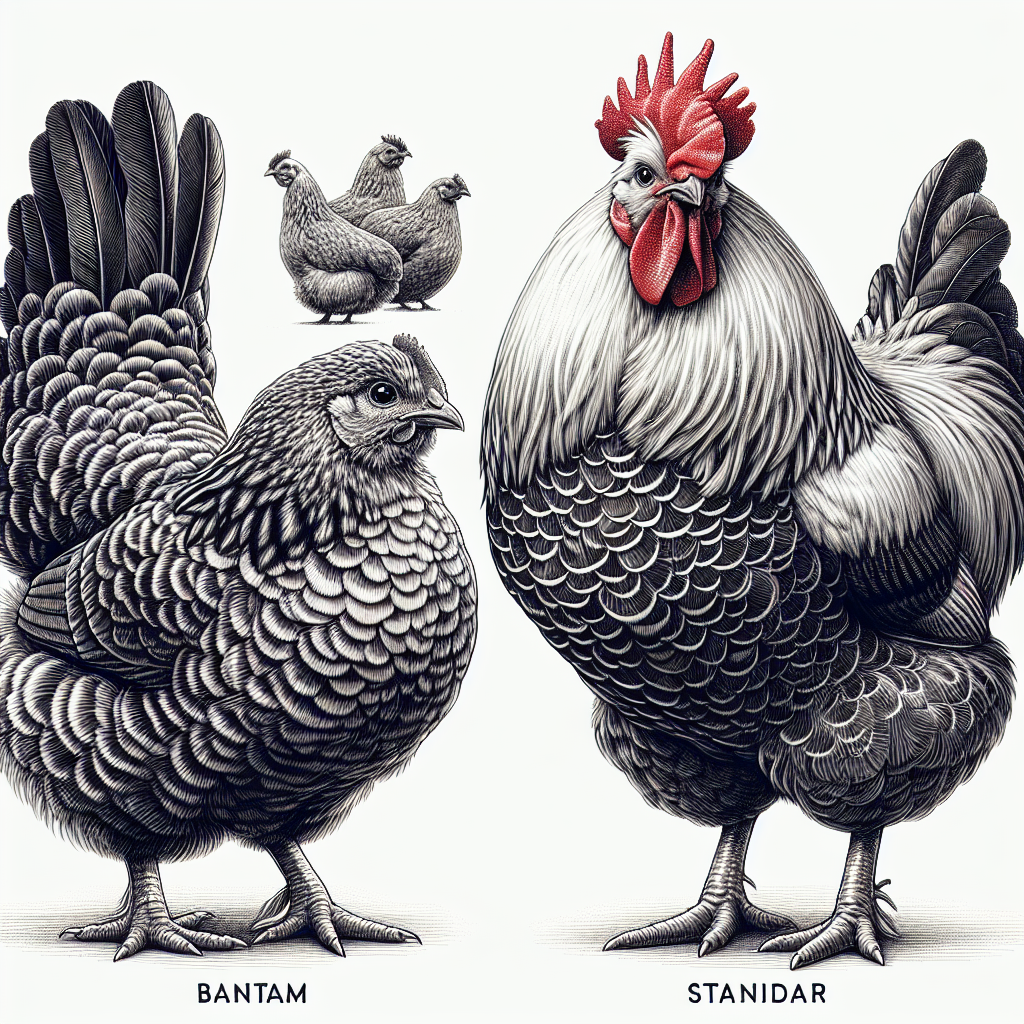Imagine a peaceful little backyard, where a flock of chickens happily peck and scratch at the ground, under the watchful gaze of a caring poultry owner. But wait, what’s that? It seems that tensions are rising among the feathered residents. Yes, even chickens can have conflicts! In this article, we will uncover the common triggers that ignite disputes and unrest among these social birds. So, let’s spread our wings and explore the world of chicken dynamics together!
Common Triggers for Disputes or Unrest Among Chickens
Chickens are social creatures that thrive in a structured environment. However, like any community, conflicts can arise among them. It’s important for chicken owners to understand the common triggers for disputes or unrest among chickens in order to create a harmonious living space for their flock. By addressing these triggers, you can ensure the well-being and happiness of your feathered friends.
Hierarchy and Pecking Order
Chickens have a natural instinct to establish a pecking order within their flock. This hierarchy determines who the dominant individuals are and helps maintain order and stability. However, it can also lead to disputes and unrest, especially during the establishment of a new flock or the introduction of new chickens.
If the hierarchy is disrupted or if there are multiple dominant individuals competing for the top position, it can result in aggression, feather pecking, and even injuries. To minimize these conflicts, provide enough space for chickens to establish their territories comfortably and observe their interactions closely. Intervene if necessary to prevent any harm or imbalance in the pecking order.
Inadequate Space and Overcrowding
Another common trigger for disputes among chickens is inadequate space and overcrowding. Chickens need ample room to roam, scratch, and dust bathe. When they are confined in tight spaces, they can become stressed, frustrated, and territorial.
Overcrowding can lead to aggressive behavior, bullying, and excessive pecking. To avoid this, provide at least 4 square feet of space per chicken in the coop and allow them access to a secure outdoor area where they can freely explore and stretch their wings. Adequate space reduces tension and promotes a more peaceful coexistence within the flock.
Limited or Inconsistent Food and Water
Food and water scarcity or inconsistent availability can quickly escalate tensions among chickens. When resources are limited, chickens may become more territorial and aggressive in their attempts to secure their share. This can lead to fights, injuries, and overall unrest within the flock.
Ensure a consistent and plentiful supply of fresh water and nutritious food for your chickens. Use feeders and waterers that can accommodate all the birds simultaneously, avoiding any competition or stress during feeding time. Regularly monitor and refill these resources to ensure a peaceful environment for your flock.
Environmental Changes or Disturbances
Chickens are creatures of habit and can be sensitive to environmental changes or disturbances. Anything from loud noises and sudden weather shifts to the introduction of new objects or animals can disrupt their sense of security and trigger unrest.
To minimize the impact of such changes, gradually introduce new elements to the chicken’s environment, providing them time to adjust. Avoid sudden loud noises or disturbances near the coop, as they can startle and stress the birds. By creating a calm and consistent environment, you can reduce the likelihood of disputes or unrest among your chickens.
Lack of Nesting Sites
Laying eggs is a vital part of a hen’s life, and the availability of adequate nesting sites is crucial for their well-being. When chickens don’t have access to enough nesting sites or suitable options, disputes can break out over the limited resources. Hens may become aggressive or restless, leading to tensions within the flock.
Provide multiple nesting boxes in a quiet and secluded area of the coop, ensuring there are enough for each hen to have her own space. Provide soft bedding material such as straw or wood shavings for added comfort and encourage natural nesting behaviors. By meeting their nesting needs, you can prevent unnecessary conflicts among your hens.
Introduction of New or Different Chickens
Introducing new or different chickens to an existing flock can be a challenging process. The established hierarchy may be disrupted, and the new addition may face aggression from the resident birds. These conflicts can lead to disputes and unrest if not managed properly.
When introducing new chickens, use a gradual integration method. Start by physically separating the new chickens but allowing them to see and interact with each other through a wire mesh. This helps the flock familiarize themselves with the new birds without direct contact. Eventually, you can allow supervised face-to-face interactions in a neutral territory before fully integrating the new chickens into the flock. Patience and careful observation during the introduction process will help minimize disputes and establish a harmonious flock.
Broodiness and Protective Instincts
Broodiness is a natural behavior in hens, where they become intensely focused on sitting on eggs and incubating them. While this behavior is normal, it can lead to unrest among other flock members who may be interested in using the same nesting site. Protective instincts can intensify during this time, causing disputes and aggression.
To address broodiness and its potential triggers, provide suitable nesting boxes and regularly collect eggs to discourage excessive brooding. If you notice other hens becoming restless or aggressive towards the broody hen, separate her into a separate area with access to food, water, and nesting materials. This will allow her to fulfill her desires without disrupting the overall harmony of the flock.
Aggressive or Dominant Individuals
In every flock, there may be one or a few individuals with aggressive or dominant personalities. These individuals can incite disputes and unrest among other chickens, especially if their behavior goes unchecked.
To manage aggressive or dominant chickens, observe their behavior closely and identify triggers or patterns that lead to conflict. If necessary, separate or rehome particularly aggressive individuals to prevent harm to other flock members. By maintaining a balance within the flock and addressing aggressive behaviors, you can create a peaceful environment where disputes are minimized.
Disease or Health Issues
Disease or health issues can have a significant impact on the dynamics within a flock. Sick or injured chickens may be seen as weak or vulnerable, making them targets for aggression by other flock members. In some cases, even subtle changes in health can lead to disputes and unrest among chickens.
Regularly monitor the health of your flock and promptly address any signs of illness or injury. Isolate sick or injured birds and provide appropriate veterinary care if needed. By maintaining a healthy and disease-free flock, you reduce the likelihood of tensions and disputes arising due to compromised health.
Lack of Mental Stimulation or Enrichment
Chickens are intelligent animals that require mental stimulation and enrichment to lead fulfilling lives. When their environment lacks stimuli or opportunities for natural behaviors, they may become bored, frustrated, and more prone to disputes.
Encourage mental stimulation and provide enrichment for your flock. This can include providing toys, perches, dust bath areas, and objects for pecking and scratching. Regularly rotate and introduce new elements to the coop or run to keep your chickens engaged and satisfied. By promoting mental stimulation and enrichment, you create a more contented flock that is less likely to engage in disputes or unrest.
In conclusion, disputes or unrest among chickens can arise from various triggers, including hierarchy and pecking order, inadequate space, limited resources, environmental changes, and health issues. By addressing these triggers with care, attention, and proper management, you can create a harmonious and peaceful environment for your flock to thrive. Remember, understanding and meeting the needs of your chickens is essential to their well-being and the overall happiness of your feathered friends.




